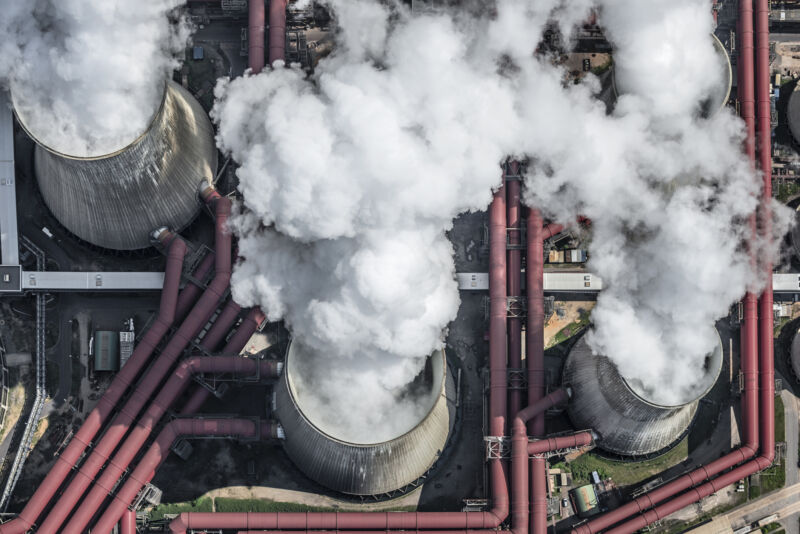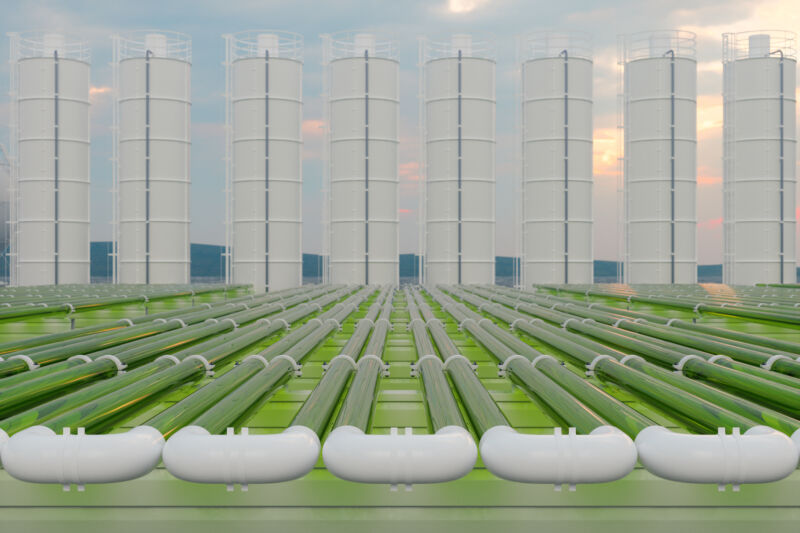Appeals Court denies stay to states trying to block EPA’s carbon limits

Enlarge (credit: Bernhardt Lang)
On Friday, the US Court of Appeals for the DC Circuit denied a request to put a hold on recently formulated rules that would limit carbon emissions made by fossil fuel power plants. The request, made as part of a case that sees 25 states squaring off against the EPA, would have put the federal government's plan on hold while the case continued. Instead, the EPA will be allowed to continue the process of putting its rules into effect, and the larger case will be heard under an accelerated schedule.
Here we go again
The EPA's efforts to regulate carbon emissions from power plants go back all the way to the second Bush administration, when a group of states successfully sued the EPA to force it to regulate greenhouse gas emissions. This led to a formal endangerment finding regarding greenhouse gases during the Obama administration, something that remained unchallenged even during Donald Trump's term in office.
Obama tried to regulate emissions through the Clean Power Plan, but his second term came to an end before this plan had cleared court hurdles, allowing the Trump administration to formulate a replacement that did far less than the Clean Power Plan. This took place against a backdrop of accelerated displacement of coal by natural gas and renewables that had already surpassed the changes envisioned under the Clean Power Plan.

